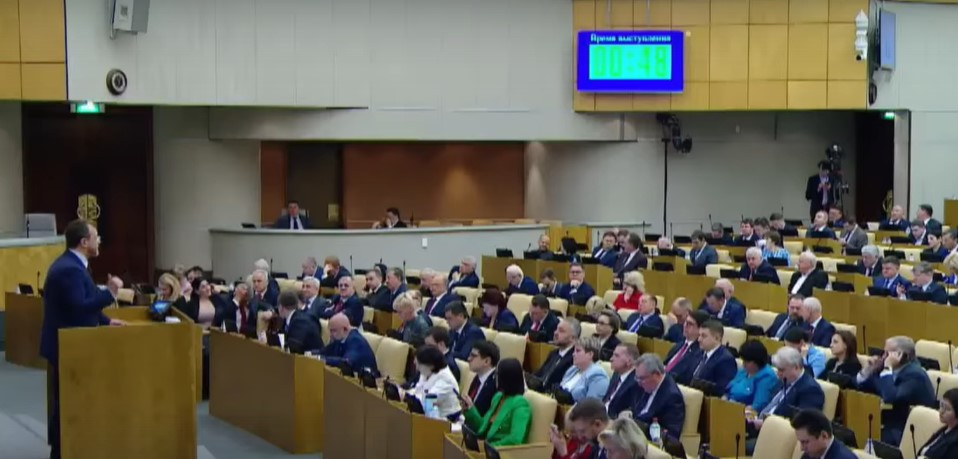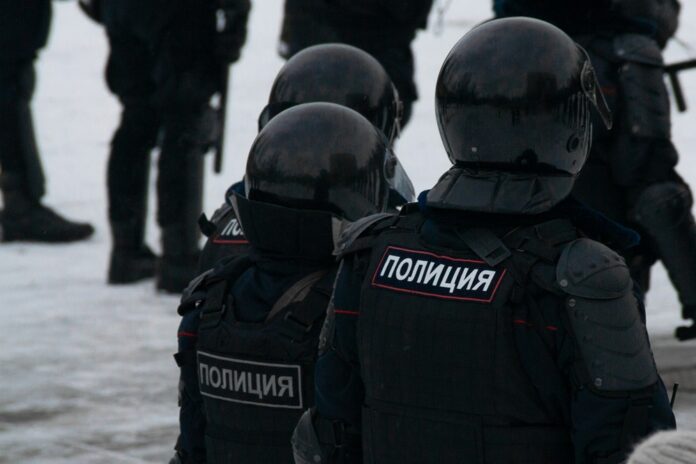Russian lawmakers want the country’s legal bookmakers to pay a new tax that would fund the treatment of people with gambling addictions.
The media outlet Sekrt Firmy reported that Artem Metelev, the Chairman of the State Duma’s Youth Policy Committee, says lawmakers will debate the bill before the end of 2025.
Metelev said that Russian bookmakers should hand over a “percentage of their income” to help pay for “the prevention of gambling addiction.”
Russian Bookmakers Could Face New Tax Laws
The proposal, if accepted as-is, would place the Unified Gambling Regulator (ERAI) in charge of collecting the tax.
Lawmakers want to use the funds raised to pay for anti-gambling advertisement campaigns on popular social media platforms.
It also aims to fund the development of novel gambling treatment methods and training for healthcare professionals.
The new proposal also contains clauses on new, stricter punishments for illegal online casino promoters.
The committee wants to hike maximum fines for promoting gambling from their existing cap of 2,000 rubles ($25) to 7 million rubles ($88,049).
Under the proposals, courts will have the power to identify “systematic violators.” Such repeat offenders will be subject to criminal liability.

Gambling Addiction Worsening, Lawmaker Claims
Metelev claims that about 3 million people in Russia currently suffer from gambling addiction-related conditions.
He added that lawmakers have identified several high-risk groups, including young people, who, the lawmakers say, “lose billions of rubles on online betting sites and illegal casino platforms.”
Metelev explained that addiction often leads to tragic consequences, including death.
The committee also wants the Ministry of Health to develop an improved system for gambling prevention and treatment.
Lawmakers want the ERAI to coordinate anti-addiction work efforts with permit-holding bookmakers.
The ERAI regulates Russia’s five legal casinos in all four of its special gambling zones. It is also the only body in the country with the right to issue operating permits.
The Central Bank and the country’s top anti-money laundering agency, meanwhile, have begun a crackdown on cash and card mules and shell companies.
Illegal online casino operators use these mules and firms (known as “droppers” in Russia) to launder funds. The bank thinks that operators typically target teenagers and people in their early 20s in their search for new mules.
Earlier this month, a high-profile far-right vigilante group claimed to have helped police and other law enforcement agencies shut down an underground Siberian casino that catered to migrants.











